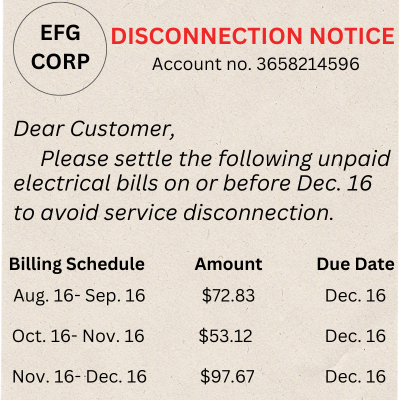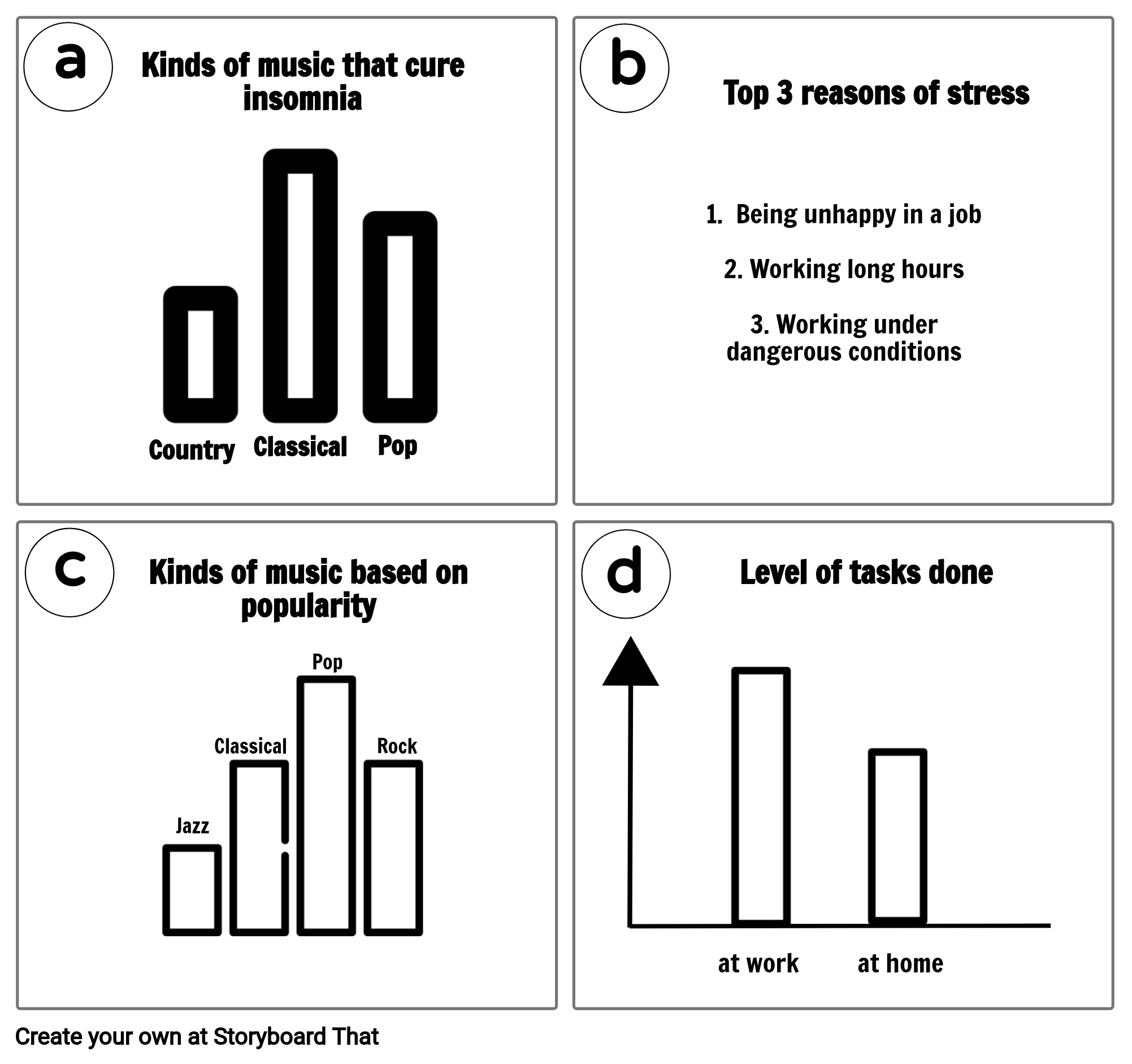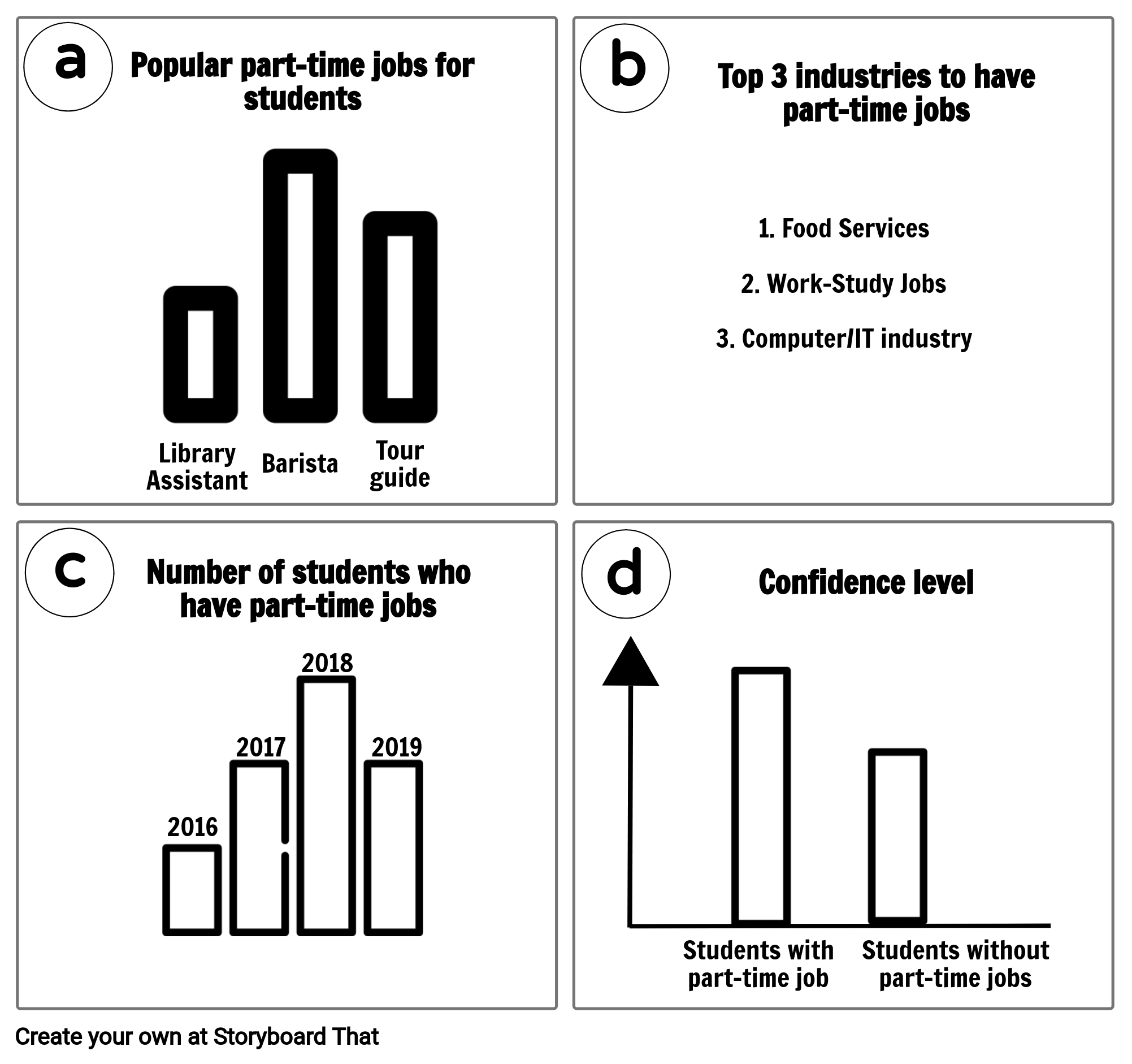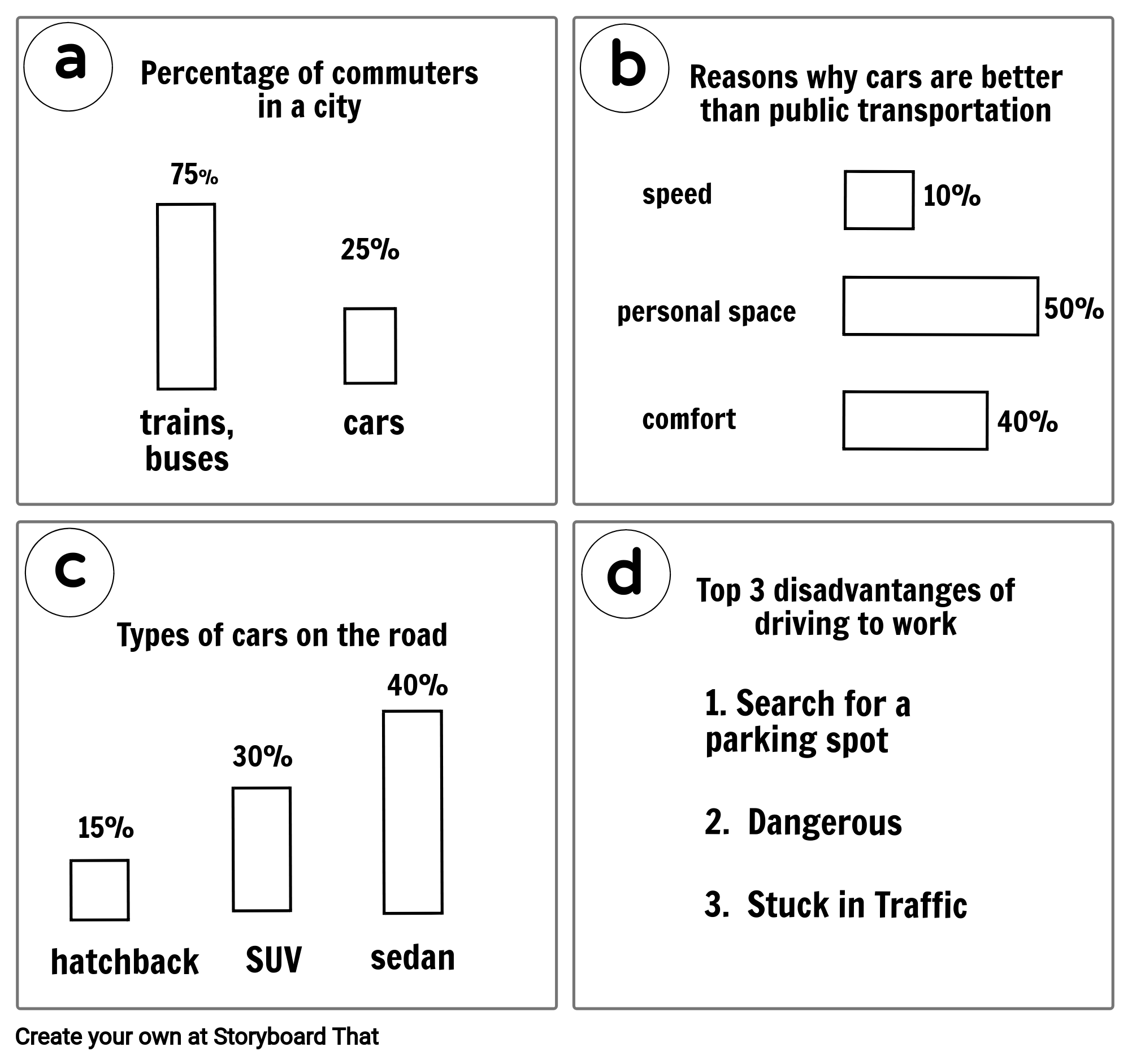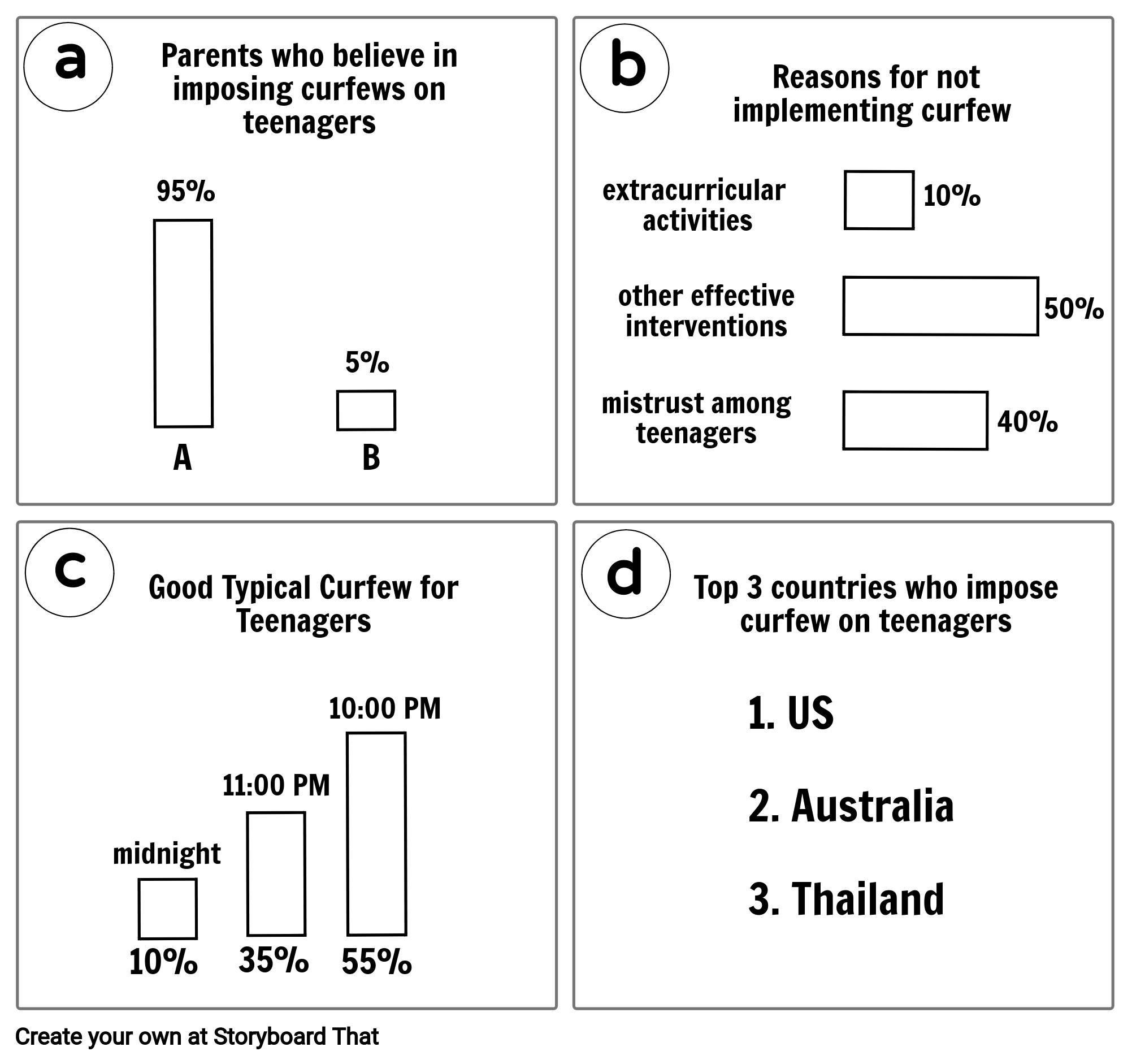| 1. spectator 見物人、観客 | |
| The lucky spectator at the baseball game caught the ball. He was just watching and did not expect it. | |
| 2. neck and neck 接戦で、互角に | |
| The three exhausted runners were neck and neck as they approached the finish line. | |
| 3. narrate 物語る,話す | |
| My grandfather was narrating his experiences during the war. Everyone was listening intently. | |
| 4. antic おどけたしぐさ、ふざけ | |
| A comedian needs antics if he wants to be successful. He should know a lot of jokes and current events. | |
| 5. fat chance 見込みが薄いこと | |
| There is a fat chance I am going to pass the exam. I did not study at all! | |
| 1. spectator | |
| Answer: | |
| 2. neck and neck | |
| Answer: | |
| 3. narrate | |
| Answer: | |
| 4. antic | |
| Answer: | |
| 5. fat chance | |
| Answer: | |

Emma, which do you prefer? Watching our friends play video games or watching a baseball game on TV?
|
|
Hmm, probably the latter. It makes me feel more like a spectator. How about you?
|

Well, watching our friends play video games is more entertaining for me! Have you seen our friends play Mario Kart? They were neck and neck.
|
|
There’s a lot of shouting and it always ends up in a fight.
|

I don’t mind! The loser always buys the dinner anyway!
|
|
Well, that’s one good thing.
|

By the way, our friends are going to live stream their game on YouTube!
|
|
Are you serious? You mean anyone can watch?
|

Yes! That’s how they make money nowadays. Basically, gamers can live-stream themselves narrating their way through games and attract fans worldwide!
|
|
That’s pretty awesome, I must admit.
But with their crazy antics, there’s a fat chance that they would gain online followers!
|

I have to disagree! Their crazy antics would make people watch their videos!
|
|
Well, let’s wait and see.
|
| 1. | A: The two contestants during the watermelon eating contest were_________. B: It was so exciting! No one knew for sure who was going to win. |
| 2. | A: The clown has the best__________. He can juggle, do magic tricks, and sing. B: I would like to see his show! |
| 3. | A: The traffic is heavy. There is a______that we are going to get there on time. B: I think so too. |
| 4. | A: The witness was carefully_______the events of the crime to the police. B: She must have been so scared! |
| 5. | A: I saw a bunch of_________screaming and jumping as the blue team entered the arena. B: I saw them too. What a wild bunch! |
| Grammar 文法 |
Pronunciation 発音 | Vocabulary 単語 |
Comprehension 理解 |
|
|---|---|---|---|---|
 GOOD GOOD |
文法の誤りはほとんどなく、完全な文章で話すことができる | ほとんどの単語をはっきりと正しく発音することができる | 習った表現を適切に使うことができる | 文章を理解し、質問に正しく答えることができる |
 FAIR |
文法の誤りはあるが、完全な文章で話すことができる | 発音の練習が必要な言葉がいくつかある | たまにミスはあるが、習った表現を適切に使うことができる | 文章を完全に理解するのは難しく、質問に正しく答えられないときもある |
 POOR |
文章で話すのは難しく、単語だけで話すことができる | 発音の練習が必要である | 習った単語と表現を少しだけ使うことができる | 文章を理解するのは難しく、質問に答えるのは難しい |





